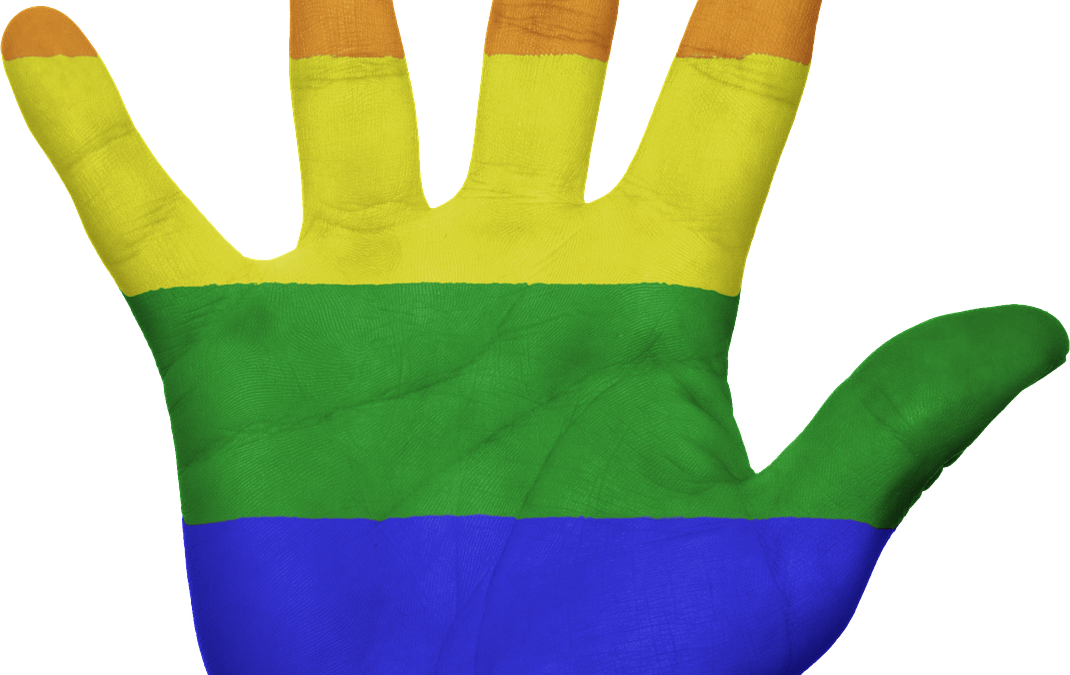
Uganda’s Parliament passed a sweeping anti-gay bill in late March that threatens punishment as severe as death for some perceived offenses, and calls for life in prison for anyone engaging in same-sex relations.
The authorities kept saying, ‘We will hunt you. You gays should be killed. We will slaughter you,’” he said. “There was no option but to leave.
The bill, which passed 387 to 2, punishes anyone who leases property to gay people and calls for the “rehabilitation” of those convicted of being gay.
The Uganda president congratulated lawmakers and religious leaders on what he called their “strong stand” against L.G.B.T.Q. people. “It is good that you rejected the pressure from the imperials,” he said, a reference to Western countries, in footage released by the public broadcaster.
The legislation follows a groundswell of anti-gay rhetoric that has swept African countries in recent years, including in Ghana, Zambia and Kenya.
Last month, lawmakers from more than a dozen African countries gathered in Uganda and promised to introduce or pass measures in their own countries that they said would protect the sanctity of the family and children against “the sin of homosexuality.”
Same-sex acts were already considered illegal under Uganda’s penal code, but the bill introduces far harsher penalties and vastly extends the range of perceived offenses. And while anti-gay rhetoric has long existed in Uganda, it has taken a severe turn in the past year, with authorities removing rainbow colors from a park and parents charging into a school because they thought a gay person taught there.
The latest move to target L.G.B.T.Q. people in Uganda has drawn support from local Christian and Muslim groups, and for years the financial and logistical backing of some conservative evangelical groups in the United States.
One of the key organizers of the parliamentary conference in Uganda last month was Family Watch International, an Arizona-based organization that spreads anti-L.G.B.T.Q. and anti-abortion stances, according to the Southern Poverty Law Center.
The Ugandan bill has drawn condemnation from human rights groups and the United Nations, and the Biden administration has called it “one of the most extreme” anti-gay measures anywhere in the world.
Senator Bob Menendez, Democrat of New Jersey, said the United States should reduce military aid and introduce sanctions against the government of Mr. Museveni, who has been in power for almost four decades. The East African nation, a close security ally of the United States, receives more than $950 million annually in health and development assistance.
For L.G.B.T.Q. Ugandans, the bill is set to further formalize the widespread discrimination that many felt daily. In interviews, more than a dozen gay Ugandans who had fled to Kenya described how their friends, family and neighbors turned against them over the past year, as renewed anti-gay sentiment swept over the conservative nation.
In Parliament, lawmakers promoted the baseless allegation that there was a plot to promote homosexuality in schools. Officials vilified gay people on television and social media, and one military official said they should be denied medical care.
In the streets, Muslims marched against them, and in Christian churches, clerics urged congregants to remain watchful about efforts to lure their children into homosexuality.
Last August, the authorities took their most drastic action yet when they closed Sexual Minorities Uganda, the country’s leading gay rights group.
Among the provisions of Uganda’s anti-gay bill is the prohibition of what it calls the “promotion” of homosexuality. Lawyers said the clause could put activists and aid agencies supporting gay rights at risk of criminal liability.
These could include American-funded health programs supporting L.G.B.T.Q. people who had come under scrutiny and attack when Uganda enacted similar laws that courts struck down in 2014.
In a statement, a State Department spokesman said if the bill were ratified, it would leave the funding for Pepfar, the American program that delivers H.I.V. treatment to millions, “severely compromised.” It would also “jeopardize” Uganda’s progress toward ending AIDS as a public health threat by 2030, the statement said.
Also a Kenyan lawmaker, Mr. Kaluma said his bill would also include returning sexually persecuted refugees, many of whom are dispersed in camps across Kenya, to their countries. Without evidence, he accused U.S. Democrats and the Biden administration of funding them to promote homosexuality in Kenya. He also vowed that similar laws would soon extend across Africa.
That warning has sown fear among L.G.B.T.Q. Ugandans, who said they felt a sigh of relief when they first crossed into Kenya. Many of them are already thinking about where to go next.

